Table of Contents
Introduction
If you're a spice lover or just curious about one of the world's most ubiquitous flavor enhancers, you're in the right place. Black pepper (from the Piper nigrum plant) isn't just a kitchen staple—it's a botanical marvel that has shaped global trade, cuisine, and even history. Contrary to popular belief, what we call "black pepper" isn't actually a flower—it's the dried berry of this tropical vine. Let's uncover the truth behind this essential spice.
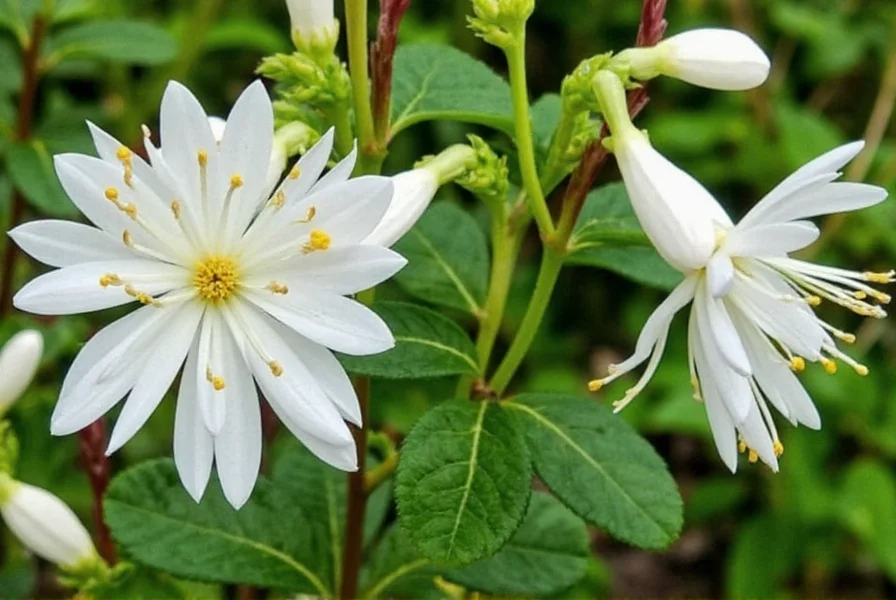
What Is Black Pepper?
Black pepper comes from the Piper nigrum plant, a flowering vine native to South India. The "peppercorns" we use as spice are actually unripe berries harvested before they fully mature. These berries are dried, turning them black and creating the familiar spice. The plant does produce small flowers, but they're not used in cooking—only the berries are processed into pepper.
| Pepper Type | Processing Method | Flavor Profile |
|---|---|---|
| Black Pepper | Unripe green berries dried in sun | Pungent, sharp, complex |
| White Pepper | Ripe red berries with outer layer removed before drying | Milder, earthier, less complex |
| Green Pepper | Unripe berries preserved in brine or freeze-dried | Fresher, grassier, less pungent |
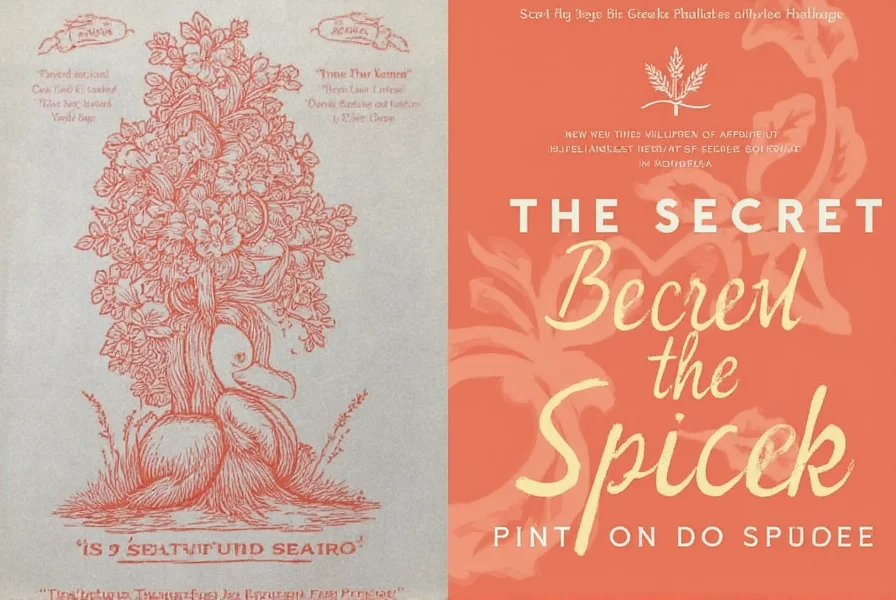
Why Black Pepper Matters in Spices
Black pepper is the "king of spices" for good reason. Its journey from vine to table has influenced civilizations for thousands of years:
- Flavor Foundation: Piperine (the active compound in black pepper) provides its signature heat and enhances other flavors—making it essential in both savory and sweet dishes.
- Historical Impact: In ancient times, pepper was worth its weight in gold. It fueled trade routes from India to Europe, inspired exploration, and even served as currency.
- Health Benefits: Piperine boosts nutrient absorption (especially curcumin from turmeric), supports digestion, and has anti-inflammatory properties. Modern research continues to uncover its potential health benefits.
Next time you sprinkle pepper on your food, remember—you're using a spice that changed the course of human history.
Top 7 Surprising Facts About Black Pepper
- It's Not Actually a Flower: The "pepper" we use comes from berries, not flowers. The plant's tiny flowers are only the starting point for berry development.
- One Plant, Three Pepper Types: Black, white, and green pepper all come from the same Piper nigrum plant—just harvested and processed at different stages.
- Global Trade Catalyst: In medieval Europe, pepper was so valuable it was used as currency. A single sack of pepper could buy a house or a ship.
- Piperine Is Key: This compound isn't just for heat—it's what makes black pepper a nutritional powerhouse by enhancing the body's absorption of other nutrients.
- Not Just for Savory Dishes: White pepper is often used in light-colored dishes (like mashed potatoes or béchamel sauce) to avoid black specks, while black pepper enhances chocolate desserts for depth.
- Climate-Dependent Growth: Piper nigrum only thrives in tropical climates (USDA Zones 10-12), requiring consistent warmth, humidity, and shade.
- Organic Pest Control: Piper extracts have been shown to repel insects naturally, making them valuable in sustainable agriculture.
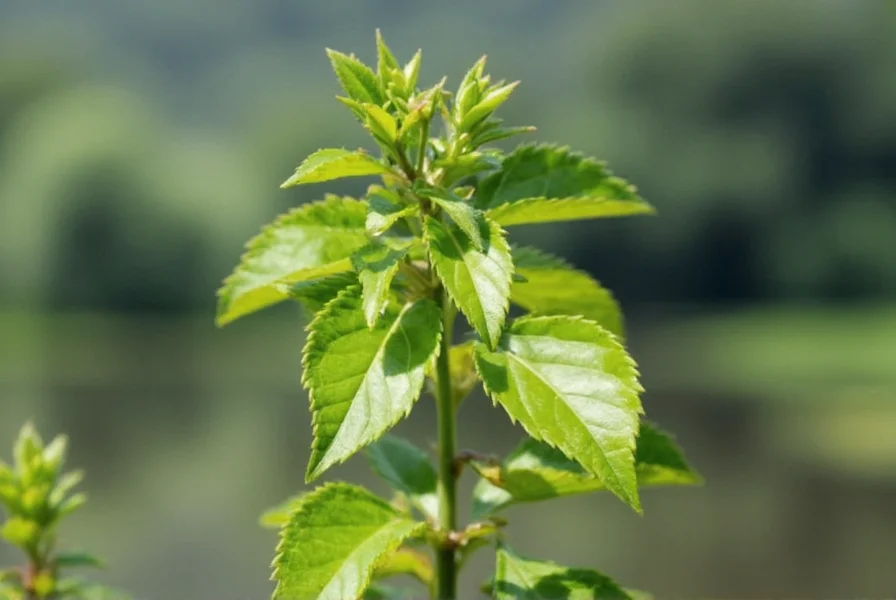
How to Use Black Pepper in Cooking
Black pepper's versatility makes it indispensable in any kitchen. Here's how to maximize its flavor:
- Freshly Ground Is Best: Always grind whole peppercorns just before use. Pre-ground pepper loses 50% of its aroma within 30 minutes.
- Infused Oils: Crush peppercorns into olive oil for a spicy base for dressings or drizzling over roasted vegetables.
- Marinades: Combine cracked peppercorns with garlic, citrus, and herbs for steak, chicken, or tofu marinades.
- Sweet Applications: A pinch of white pepper in chocolate cakes or brownies enhances richness without adding heat.
- Spice Blends: Use whole peppercorns in homemade garam masala, ras el hanout, or curry powders for layered flavor.
Pro Tip: Add pepper toward the end of cooking to preserve its volatile oils and maximum flavor impact.
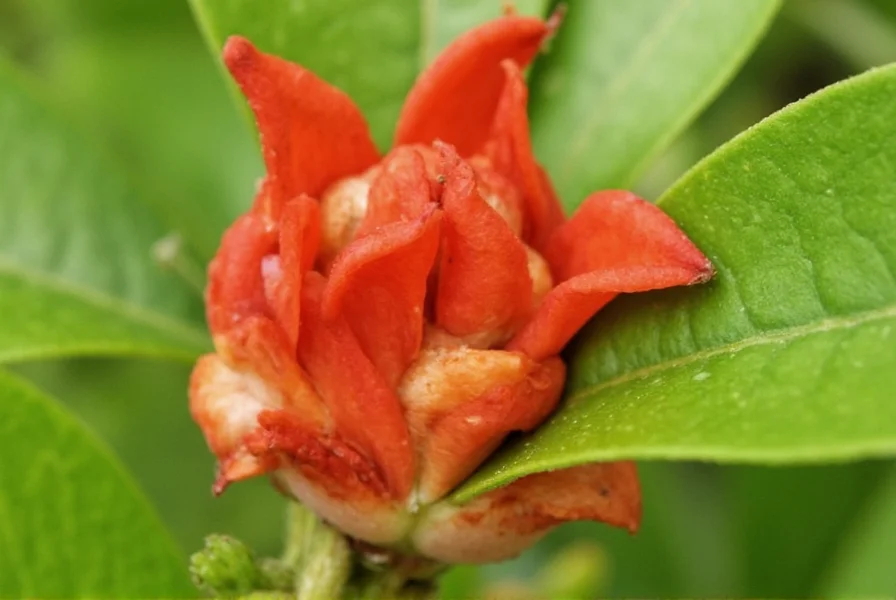
Buying Guide: Choosing the Best Black Pepper Products
| Product Type | Key Features | Best For | Storage Tips |
|---|---|---|---|
| Whole Black Peppercorns | Fragrant, high piperine content, retains freshness for 2+ years | Home cooks, gourmet chefs, spice enthusiasts | Store in airtight container away from light |
| White Pepper | Milder, earthier flavor; ideal for light-colored dishes | French cuisine, creamy sauces, vegetarian dishes | Use within 6 months for best flavor |
| Green Peppercorns in Brine | Tart, fresh flavor; vibrant color | Steak sauces, cocktail garnishes, gourmet gift baskets | Refrigerate after opening; use within 3 months |
| Pre-Ground Pepper | Convenient but loses aroma quickly | Quick meals where freshness isn't critical | Buy small quantities; discard if no aroma |
Always look for:
- Organic certification
- Transparent sourcing information
- Vacuum-sealed packaging for pre-ground pepper
- Whole peppercorns with uniform size and deep color
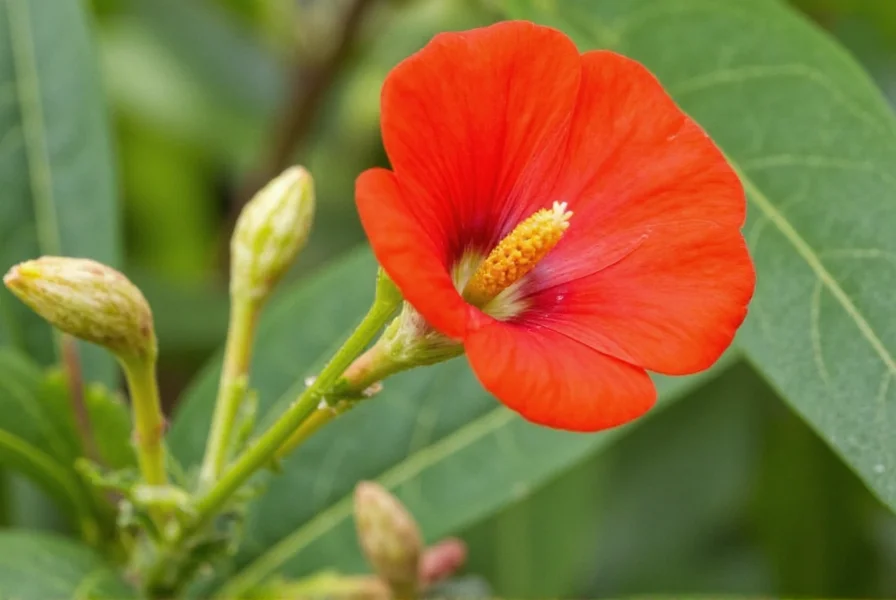
Frequently Asked Questions About Black Pepper
What exactly is black pepper?
Black pepper is the dried berry of the Piper nigrum plant. Contrary to common misconception, it's not a flower—it's the unripe fruit harvested before maturity and dried to create the familiar spice. The plant does produce small flowers, but they're not used in cooking.
Is black pepper the same as white pepper?
Yes and no. Both come from the same Piper nigrum plant, but they're processed differently. Black pepper is made from unripe green berries dried whole, while white pepper is made from ripe red berries with the outer layer removed before drying. This gives white pepper a milder, earthier flavor without the sharp bite of black pepper.
Why does freshly ground pepper taste better?
Pepper's volatile oils (which create its aroma and flavor) begin evaporating as soon as it's ground. Whole peppercorns retain these oils for years, while pre-ground pepper loses 50% of its flavor within 30 minutes. Always grind just before use for maximum impact.
Can I grow black pepper at home?
Yes, but it requires specific conditions. Piper nigrum thrives in tropical climates (USDA Zones 10-12) with high humidity, indirect sunlight, and a trellis for climbing. It takes 3-4 years to produce berries, but the reward is fresh, homegrown pepper with unmatched flavor.
Does black pepper have health benefits?
Absolutely. The compound piperine enhances nutrient absorption (especially curcumin from turmeric), supports digestion, and has anti-inflammatory properties. However, it should be consumed as part of a balanced diet—not as a medicinal supplement. Always consult a healthcare provider for health concerns.
Growing Your Own Black Pepper at Home
While Piper nigrum is native to tropical regions, you can grow it indoors with proper care:
- Climate Needs: Requires consistent temperatures above 65°F (18°C), high humidity (60%+), and indirect sunlight. Use a humidifier if needed.
- Soil & Potting: Well-draining potting mix with added perlite. Use a large pot (12+ inches) with a moss pole for climbing support.
- Watering: Keep soil moist but not soggy. Mist leaves daily in dry environments.
- Patience Required: It takes 3-4 years for the plant to mature and produce berries. Harvest when berries turn red for white pepper, or green for black pepper.
Though challenging, growing your own black pepper offers unparalleled freshness and a rewarding gardening experience.
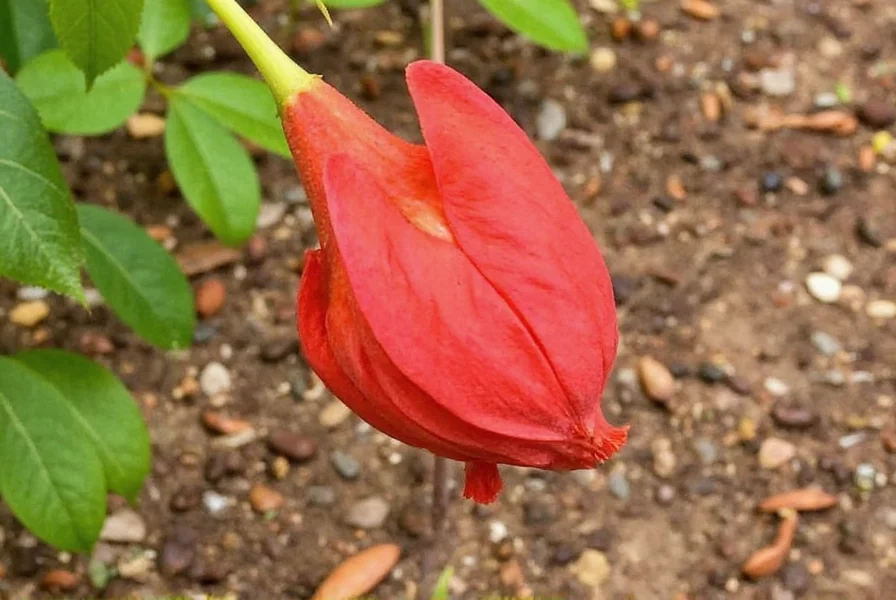
Conclusion
Black pepper is far more than a simple kitchen staple—it's a botanical wonder that has shaped global trade, cuisine, and even human history. From its journey as a precious commodity in ancient times to its modern role as a flavor enhancer in every cuisine, this humble berry continues to captivate food lovers worldwide.
Whether you're grinding fresh peppercorns for your next meal, exploring its health benefits, or attempting to grow your own plant, understanding black pepper's true nature unlocks new appreciation for this essential spice. So next time you reach for the pepper shaker, remember—you're holding a piece of history that transformed the world one pinch at a time.

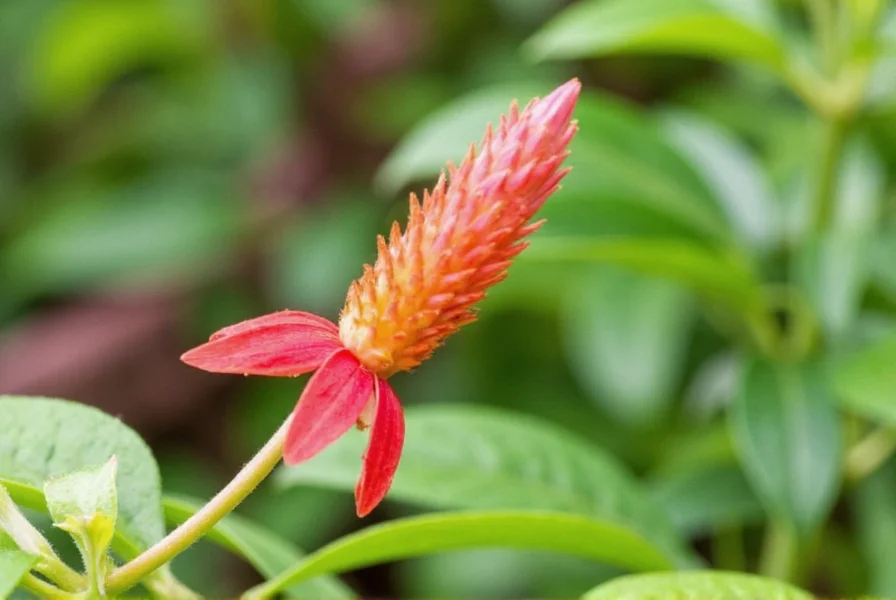









 浙公网安备
33010002000092号
浙公网安备
33010002000092号 浙B2-20120091-4
浙B2-20120091-4